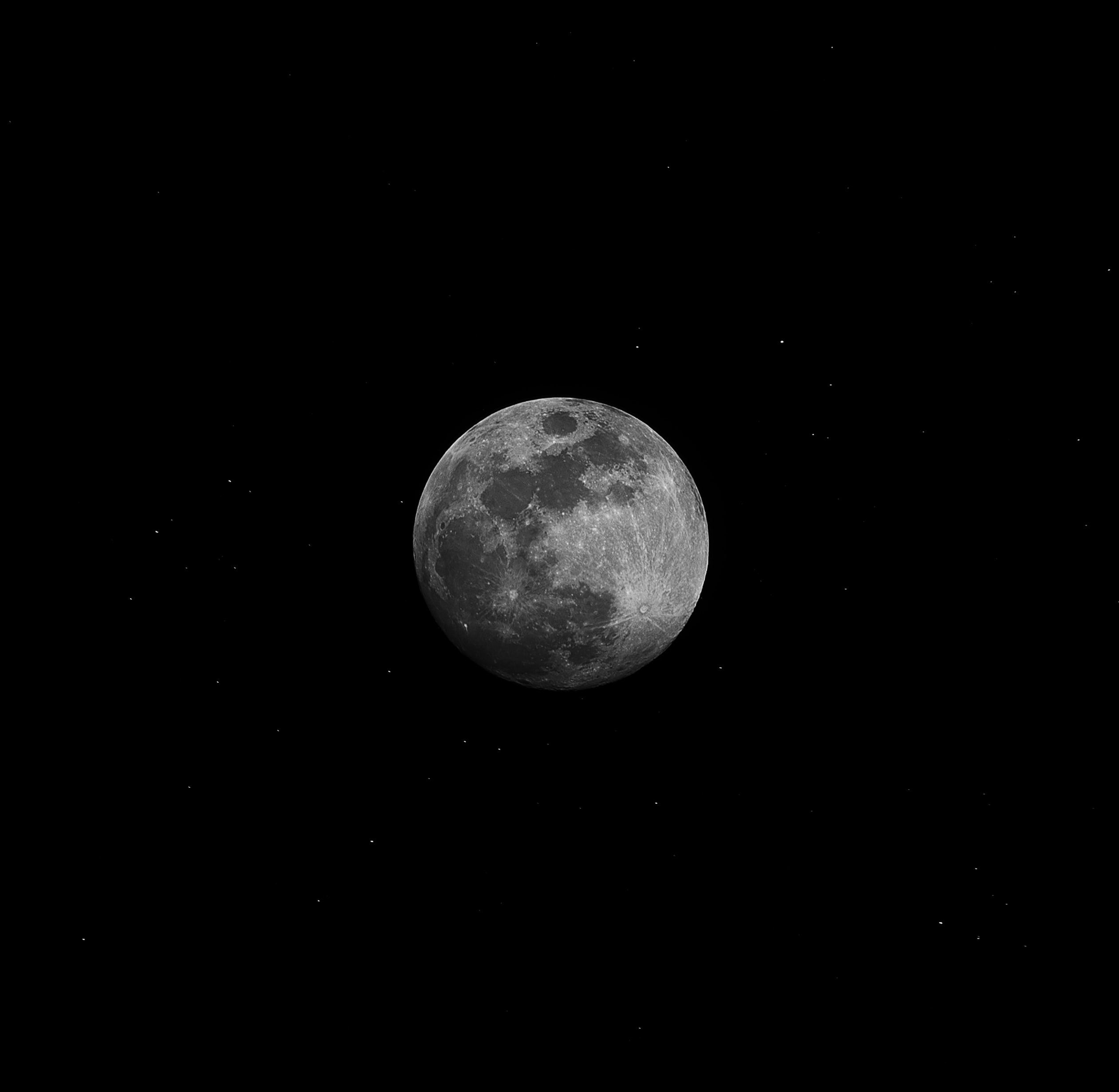The Full Moon and Labor Correlation: Fact or Myth?
We have all heard about the popular belief that a full moon can have a significant impact on various aspects of our lives. From werewolf legends to increased crime rates, the full moon has been associated with numerous myths and superstitions throughout history. One particular belief that has persisted for centuries is the idea that a full moon can influence the timing and intensity of labor. In this article, we will explore the full moon and labor correlation and evaluate the scientific evidence behind this intriguing phenomenon.
The Historical Connection
The association between the full moon and childbirth can be traced back to ancient times. Many cultures believed that the moon’s gravitational pull affected not only the tides but also human bodies. The word “lunatic” even derives from the Latin word “luna,” meaning moon, suggesting a connection between lunar phases and psychological behavior.
Midwives and healthcare professionals in the past often supported the notion that the moon had an impact on women going into labor. They believed that the gravitational forces exerted by the moon influenced amniotic fluid levels and the movement of the baby, leading to an increased likelihood of childbirth during the full moon.
The Scientific Perspective
While the idea of the moon’s influence on human physiology is intriguing, scientific research has consistently failed to establish a strong correlation between the full moon and labor. Numerous studies conducted over the years have debunked the mythical connection, suggesting that it is more of a coincidence rather than a causal relationship.
Study 1: The Allard Study
In 1959, French researcher Jean Allard conducted a study that examined 9,551 childbirths over a period of six years. Allard’s study found no significant difference in the number of births during the full moon compared to other phases of the lunar cycle.
| Lunar Phase | Number of Births |
|---|---|
| New Moon | 1,323 |
| First Quarter | 1,486 |
| Full Moon | 1,453 |
| Last Quarter | 1,413 |
Allard’s findings suggested that even though there were slight variations in the number of births during different lunar phases, these differences were within the range of normal statistical variation and did not indicate a direct correlation between the full moon and labor.
Study 2: The Cometti Study
In 1994, another study conducted by Swiss researcher Daniel Cometti analyzed the birth records of 8,715 women over a three-year period. Cometti’s study also failed to find a significant correlation between the full moon and the onset of labor.
Cometti’s findings indicated that the number of births during the full moon and other lunar phases was nearly identical, further supporting the notion that the full moon does not influence the timing of labor.
Study 3: The American Journal of Obstetrics & Gynecology
In 2001, a study published in the American Journal of Obstetrics & Gynecology examined the association between lunar phases and the frequency of deliveries. This study analyzed more than 500,000 deliveries over a 10-year period and concluded that there was no correlation between the full moon and the onset of labor.
Explaining the Belief
If there seems to be little scientific evidence supporting the correlation between the full moon and labor, why does this belief persist? One possible explanation lies in the power of anecdotal evidence and confirmation bias. People tend to remember and emphasize instances when their personal experiences align with their preconceived beliefs. As a result, women who happen to go into labor during a full moon may attribute it to the lunar phase, reinforcing the association in their minds.
Conclusion
While the idea of the full moon influencing labor is deeply ingrained in popular culture and folklore, scientific research consistently fails to support this belief. Studies conducted over the years have found no statistically significant correlation between the full moon and the timing or intensity of labor. The connection between the full moon and childbirth appears to be nothing more than a persistent myth.
Despite the lack of scientific evidence, the belief in the full moon’s influence on labor continues to captivate the collective imagination. Perhaps it is the innate human fascination with celestial bodies or our desire to find meaning in the mysteries of the universe. Whatever the reason, the full moon and its alleged impact on labor will likely remain a topic of fascination and debate for generations to come.
Table of Contents
